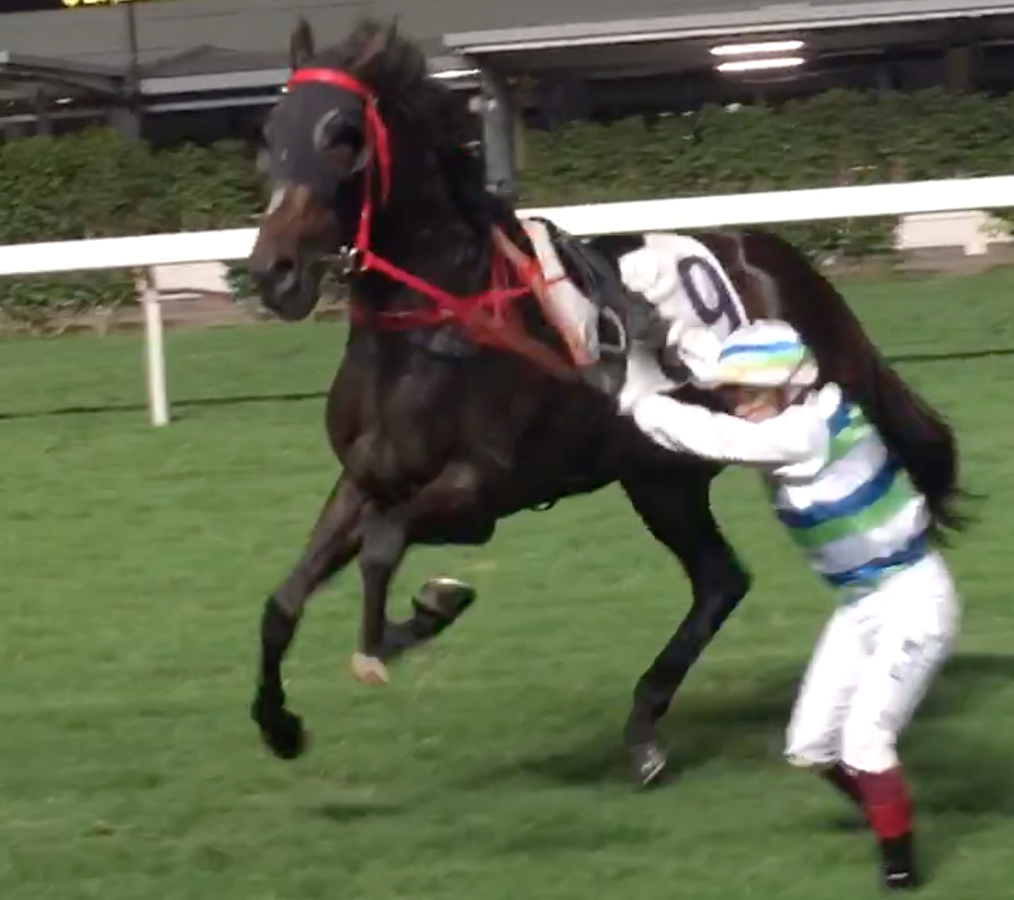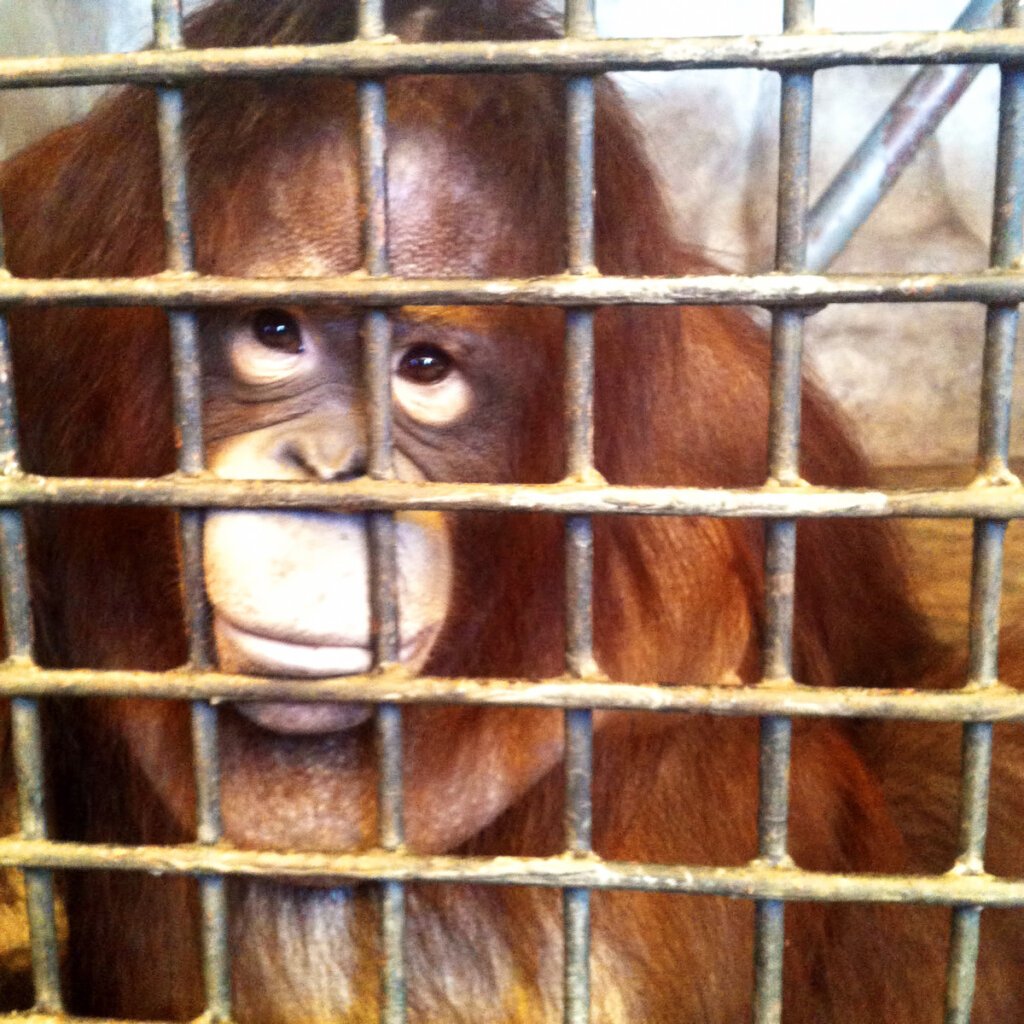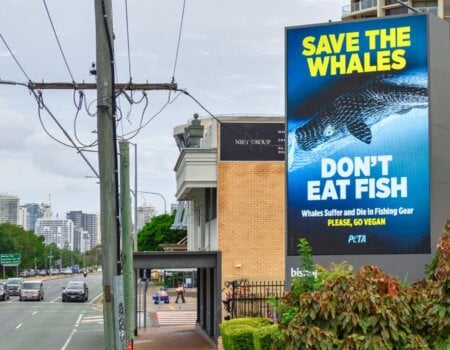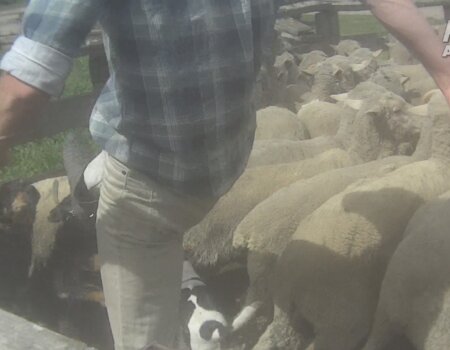
Australian Horse Shatters His Leg and Dies in Hong Kong Race
In May 2019, Australian-born horse Voyage King was lame in his front leg after a race in Hong Kong and was diagnosed with osteoarthritis in both his front fetlocks. Six months later, he shattered one front fetlock during a race and was killed.
His last moments must have been agonisingly painful. But after his diagnosis in May, why was he racing at all?
Unfortunately, this kind of injury occurs far too often on racetracks. During the last racing year, 122 horses died on Australian racetracks, most commonly because of “catastrophic front limb injury”. That’s one dead horse every three days.
Tired animals are often over-medicated to keep them racing (and winning prize money) when they should be recuperating from injuries. Trainers sometimes use a regimen of anti-inflammatory drugs, painkillers, sedatives, hormones, diuretics, muscle relaxants, and other medications to mask injuries and enhance performance, making horses vulnerable to breakdown.
Hong Kong has stricter medication rules than Australia does, but that didn’t save Voyage King. According to records kept by The Hong Kong Jockey Club, he also had substantial blood in his trachea after a race in September 2019. This is another fairly common symptom when horses are pushed well past their natural limits. Researchers at the University of Melbourne discovered that more than half the horses used for racing they studied had blood in their windpipes.

Voyage King’s story is tragic but far from unique. He started being used for races in Queensland, Australia, when he was just 2 years old and not yet skeletally mature. A study of 2- and 3-year-old Thoroughbreds used for racing found that 85% suffered from at least one episode of illness or injury.
He was formerly known as Pure Luck and was trained by one of Queensland’s “leading trainers”, Ben Currie, who has been charged with several “serious welfare breaches“, including giving electric shocks to horses. He has also been charged with failing to report bleeding horses to stewards.
Help Horses Now
PETA Asia has requested an official investigation by The Hong Kong Jockey Club into why Voyage King was forced to keep racing despite his injuries.
PETA and our international affiliates are campaigning for the better treatment of horses worldwide, including by calling on the Korea Racing Authority to implement a comprehensive retirement plan for horses in South Korea, where 97% of those “retired” from racing are slaughtered for their meat once the prize money dries up.
People who truly care about animals are turning their backs on horseracing. The suffering will only end when we all recognise that animals are not ours to use for entertainment.
Help Animals in 2025: Renew Your PETA Membership!




